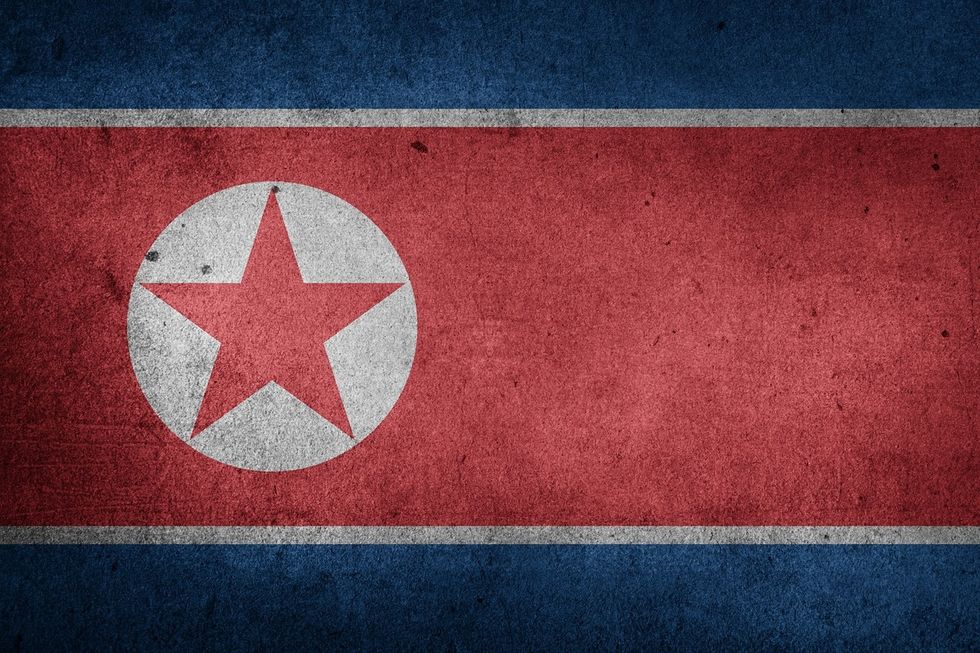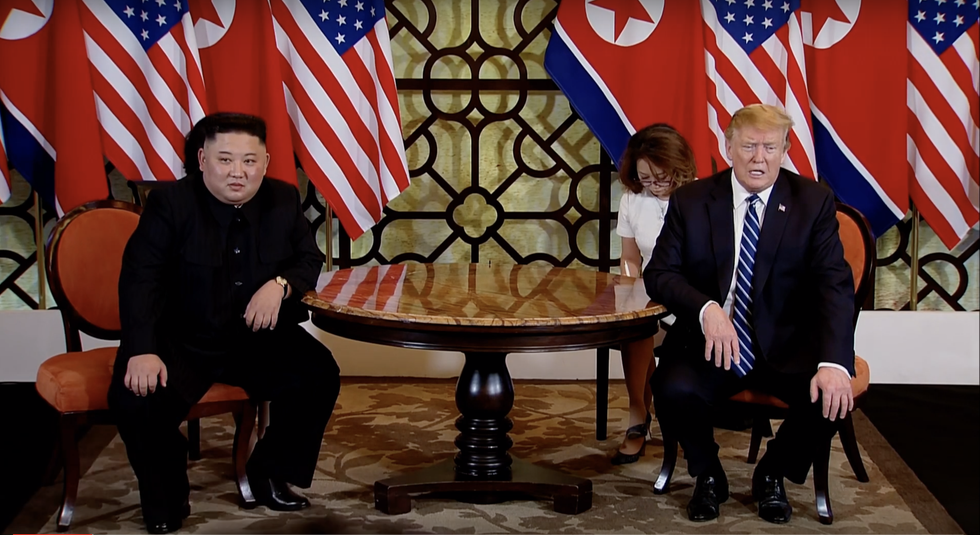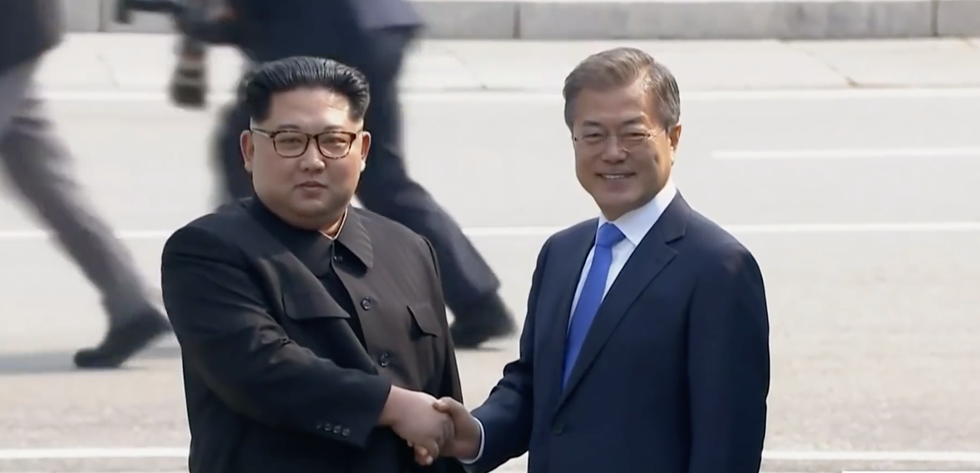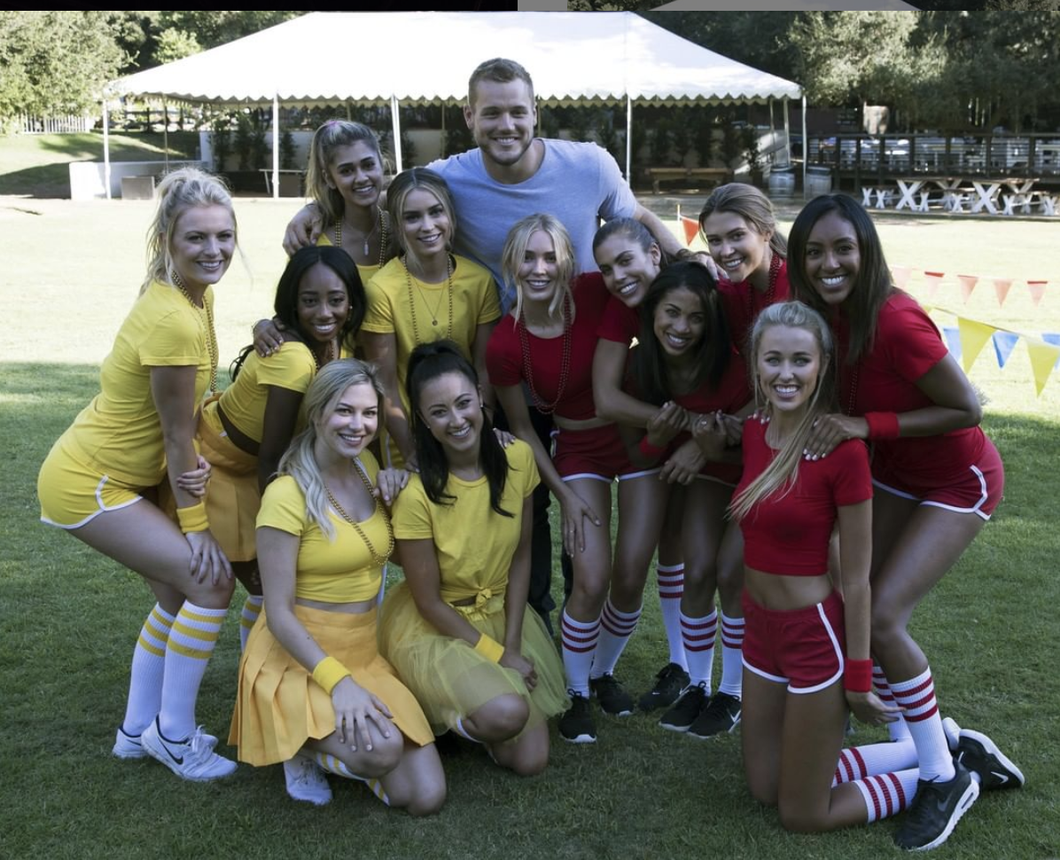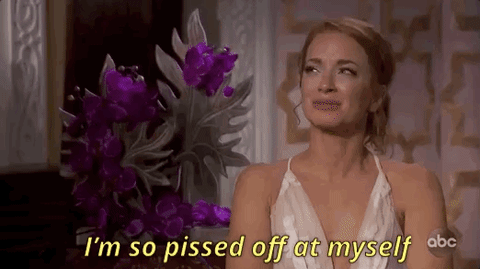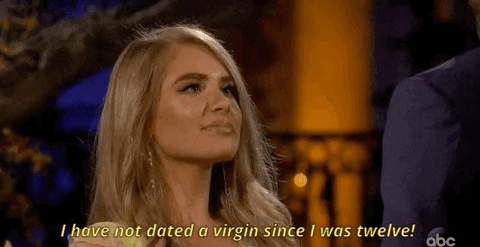Thoughts On 'Crazy Rich Asians'
The film. I have not read the book tbh.
Growing up in Taiwan within an international school bubble, I've always wondered what it's like to live in the US; to grow up Taiwanese American. Many of my impressions of the states before moving there for college were affected by how Americans are portrayed in movies and media, setting some pretty unrealistic expectations. Although Crazy Rich Asians was released after I had been in the States for a few years and realized how important the film is in the Asian American community (esp. in LA), I still have mixed feelings about it, perhaps more so about an underlying problem.
From the beginning, Crazy Rich Asians was heralded as a landmark film; its significance summarized in many articles online as being the first movie from a major Hollywood studio with Asian-Americans at its center since The Joy Luck Club. The hype that was created ahead of the film's release ensured its box office success, but that also tacked on the undeniable responsibility that the film's writers, director, and cast have to somehow juggle a compelling narrative, representation of the multiple ethnic groups from Asia, and authentically showcase 'Asian' culture. The film broke barriers in terms of representation, but to what end does that representation achieve? Yes, Crazy definitely represents Asians (albeit rich, East Asians) as multi-dimensional characters who do not perform martial arts or act as quirky accessories, but it also does little to address how many Asian Americans today view ourselves through a White lens. In the opening scene, matriarch Eleanor Young (Michelle Yeoh) dramatically reveals herself as owner of a hotel after the white hotel manager suggests that they stay in the nearby Chinatown. Although this may seem as a triumphant moment, the scene also distinguishes the rich, westernized Asians as the 'right' kind of Asians, while the ones living in Chinatown are inferior.
Around the same time Crazy debuted, another film quietly opened in just nine theaters. Searching, Aneesh Chaganty's directional debut, tells the story of a recently widowed father who uses various mediums of social media, word-of-mouth, and deductive reasoning to find his missing daughter. The movie is shot through the perspective of computer screens, security cameras, and other forms of electronic devices. Most online reviews rave about its innovative use of technology, but fewer point out the fact that it stars John Cho, as father David Kim, and Michelle La, as daughter Margot Kim, both Asian American actors. It was pleasantly jolting to see an Asian American family portrayed as an American family, drawing in the audience with its strong leads and moving intro (not unlike that of Pixar's Up) rather than by John Cho's 'Asian-ness'. David Kim could've been played by a white actor and the plot would not have been affected. But John Cho is the one who plays David Kim. The strength of Searching lies within the feeling that if you can realistically see an Asian American family in a film, that historically would be played by a white family, you can also see Asians Americans heading companies and running successful political campaigns. Seeing a family like that will not be a pleasantly jolting experience or an attempt to educate audiences, it would just be someone's story. A contrasting sentiment about Crazy is reflected by journalism student Melissa Lee on Study Breaks Magazine, "Truthfully, had 'Crazy Rich Asians' revolved around a white family instead, I'm nearly positive it would've gone straight to DVD."
While Searching opened to less than $1 million, it eventually grossed $75 million worldwide with a production budget of $1 million. Crazy Rich Asians made $35 million its opening weekend and grossed $238.5 million worldwide with a $30 million budget. Both films exceeded expectations in the box office and starred Asian American leads, but why am I disappointed that Searching remains largely unheard of while Crazy proved a smashing success among the Asian American community? There is a disparity between the movie's marketed value and the resulting product. Extravagant scenes of opulence shot in Singapore do not accurately represent the Singaporean demographic and leaves the audience with the impression of a 'right' kind of Asian (British-educated, wealthy) and thus distancing them from the 'other' kinds of Asian.
Nevertheless, Crazy provides a platform for the discussion about Asian representation in Hollywood, or at least, allowed Asian American artists an opportunity to express their art. With Whiteness as default even Searching runs the risk of sending the message that Asian Americans need to conform in order to avoid flaunting the race issue. Unfortunately, this cautious mentality stemming from internalized oppression becomes our reality, so we accept the film for what it is now—all we have is hope towards the next step. And that is why Crazy was such a smashing success.
Not only does internalized racism separate people of the same ethnicity, it also sows division among different minorities and is used as a tool to perpetuate dangerous stereotypes that threaten Black lives today. What is ignored, however, is the difference in our history. In certain parts of Asia like Taiwan and the Philippines, westerners, represented by blonde hair and a white face, were saviors that provided them with military support and sustenance through the wars fought in that region. Africans brought to America were slaves who suffered hundreds of years of systemic dehumanization. This difference is summarized in "Dear Mom, Dad, Uncle, Auntie: Black Lives Matter to Us, Too":
It's true that we face discrimination for being Asian in this country… But for the most part, nobody thinks "dangerous criminal" when we are walking down the street. This is not the case for our Black friends. Many Black people were brought to America as slaves against their will… Even after slavery, they had to build back their lives by themselves, with no institutional support… and constantly under threat of violence that continues to this day.
Thus, people of color today are burdened with the dilemma of falling victim to internalized racism or actively attempting to avoid it. To change it? Are we charged with this responsibility? We see progress through the increased inclusion of POCs as leads in movies like Crazy Rich Asians and Searching, but for now, they are some of the few models that people will point to when talking about inclusion. Constance Wu, lead of Crazy Rich Asians says in an interview with Rolling Stone, "...think people might be upset about it… this experience might not reflect their own and they might still be looking for their story. But hopefully there will be more opportunities, because one story can't represent the whole."


